Will the government have room for tax cuts before an election? Politically, it’s thought to be non-negotiable that they must. Having put the tax burden on course for a post-war high by the end of this Parliament, Rishi Sunak and Chancellor Jeremy Hunt are going to have to relieve some of that pressure on taxpayers before going head-to-head with Labour next year. But will the public finances allow for it?
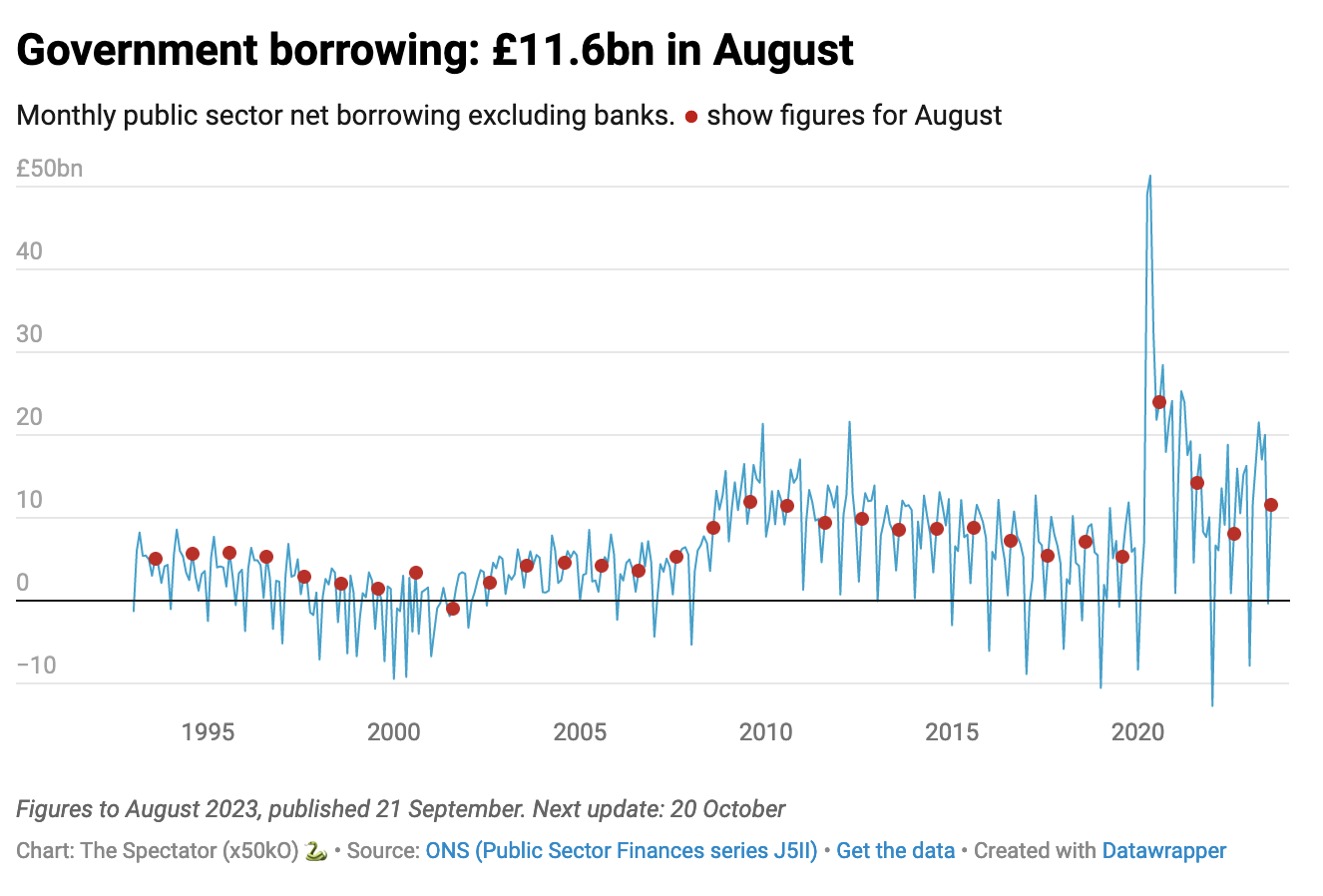
On the surface, today’s update from the Office for National Statistics (ONS) appears to offer up some good news: public sector net borrowing in August came in at £11.6 billion. That’s £3.5 billion higher than August 2022, but £1.4 billion below the Office for Budget Responsibility’s (OBR) latest forecast. Overall, the Treasury has borrowed £11.4 billion less since the start of the fiscal year than the OBR forecast.
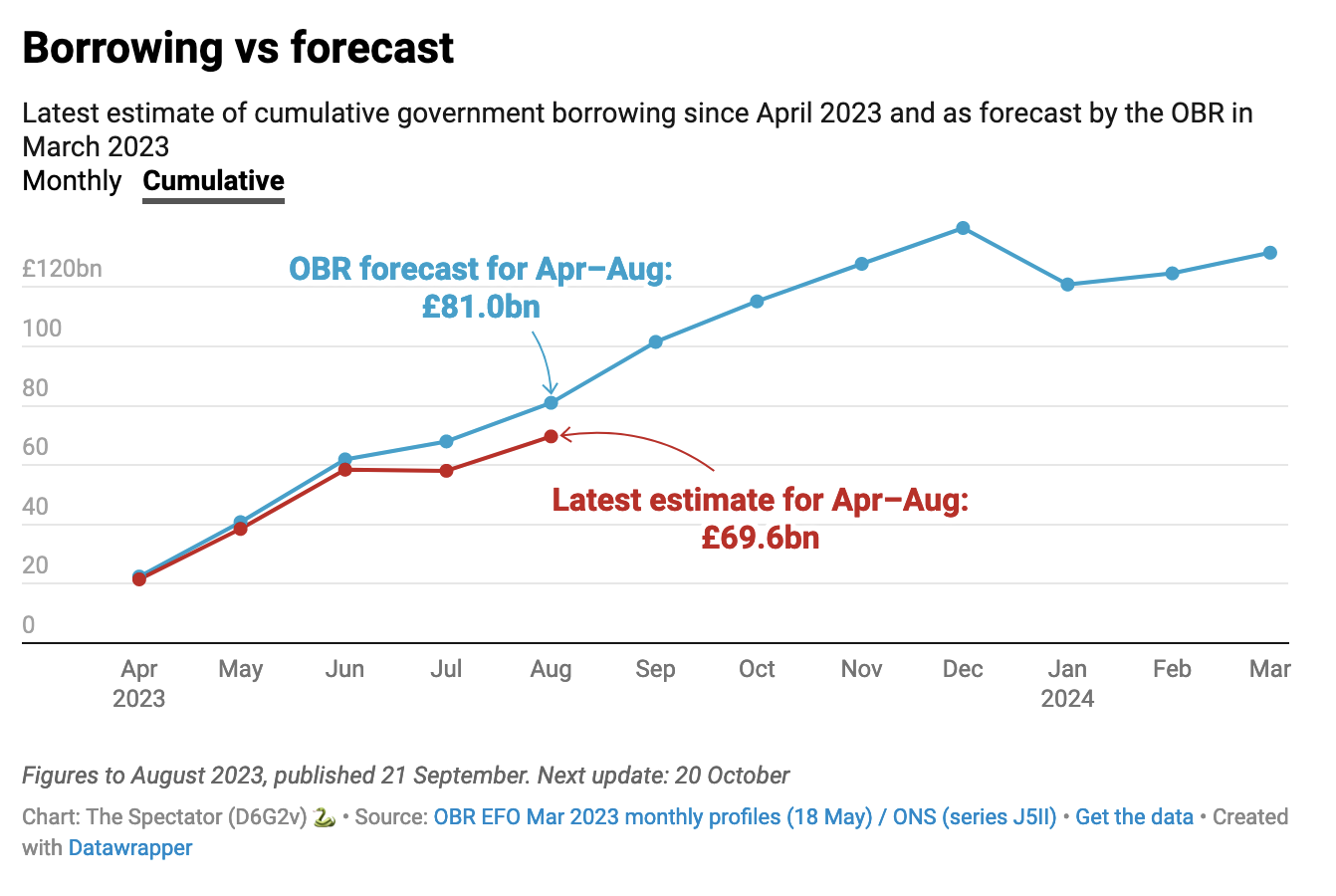
At the same time, more money is coming in. Central government receipts in August came to £76.6 billion – £1.2 billion higher than forecast. Within that headline number, tax receipts came to £57.6 billion – £2.7 billion more than what was collected in August 2022.
Rising tax receipts are yet more evidence of that ever-growing tax burden – and the effects of fiscal drag, as frozen tax thresholds bump taxpayers into a higher rate. But this could also give the government more scope for a tax-cutting agenda, if not in the Autumn Statement in November, then in the March Budget next year.
What might the Treasury choose to trim? One tax under the microscope this summer was inheritance tax, which parts of the Tory party see as the perfect tax cut: not only is it one of the least popular taxes on the books (perceived to be ‘unfair’), but revising it is also thought to be an opportunity to energise the grassroots of the party with a tax policy that will be almost-universally liked. We also found out this morning that inheritance tax receipts have spiked this year, amounting to £3.2 billion between April and August, up by £300 million from the same period last year.
Again, freezes to tax thresholds are thought to be doing the dirty work here, lifting people who otherwise wouldn’t get hit into the bracket of paying inheritance tax. This is likely to further motivate some Tory MPs to push for reform or scrapping the tax altogether – though this will be countered by other parts of the party who think any fiscal headroom is better spent on cutting a tax that will have vastly wider reach, like the basic rate of income tax.
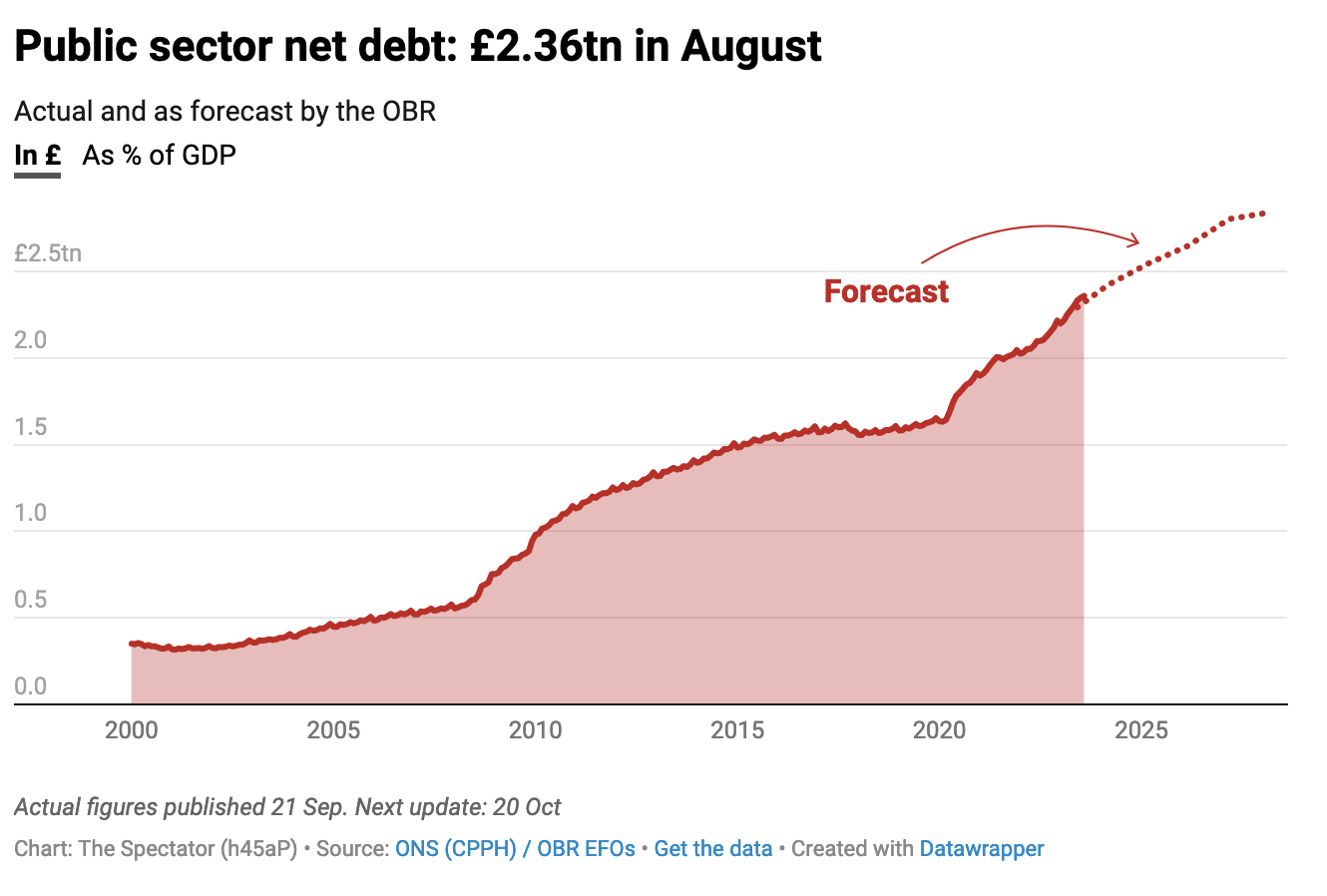
But is there really much cash to splash around? Today’s public sector finance update confirms that the government is borrowing less money than originally estimated – but the deficit is still spiralling post-pandemic. Moreover, public sector net debt continues to rise, reaching £2.36 trillion in August, which as a percentage of debt the ONS says is ‘continuing at levels last seen in the early 1960s.’ This highlights, once again, how the government’s plan to get ‘debt falling’ was doomed upon announcement: overall net debt is only going up.
Any tax cut, it seems, is going to be achieved by borrowing a bit less, rather than any meaningful change to the trajectory of public spending. It doesn’t quite add up with the Prime Minister’s new slogan, presented at the press conference last night: ‘Long-term decisions for a brighter future’. But it’s almost certainly how an election-time tax cut will be found.
Got something to add? Join the discussion and comment below.
Get 10 issues for just $10
Subscribe to The Spectator Australia today for the next 10 magazine issues, plus full online access, for just $10.


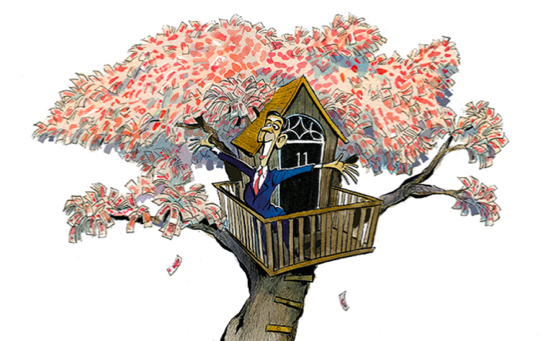


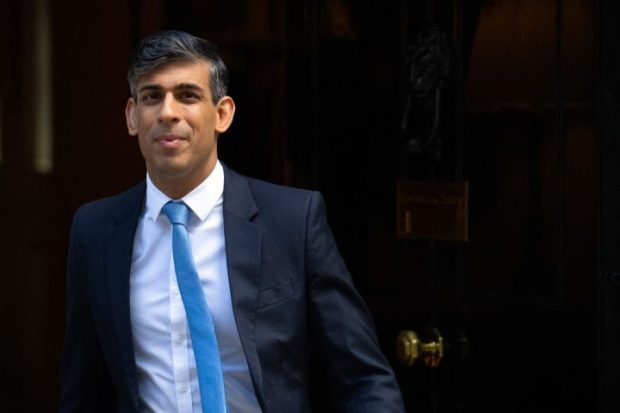
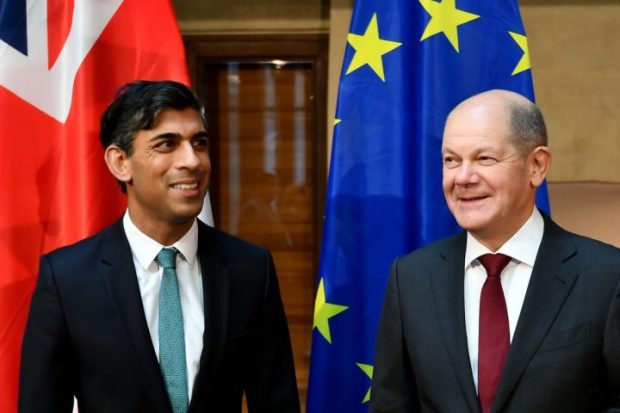














Comments
Don't miss out
Join the conversation with other Spectator Australia readers. Subscribe to leave a comment.
SUBSCRIBEAlready a subscriber? Log in